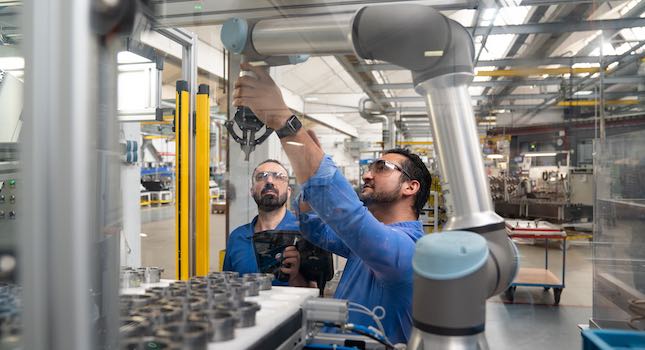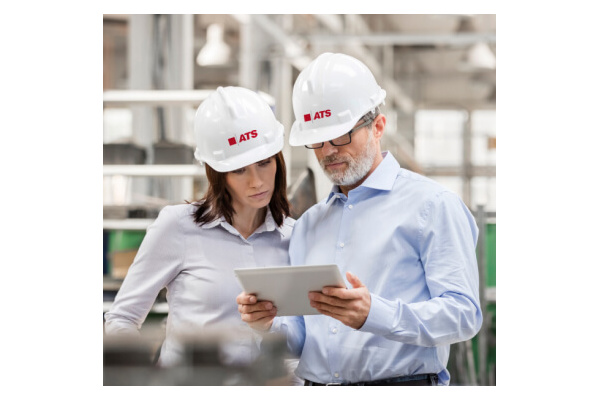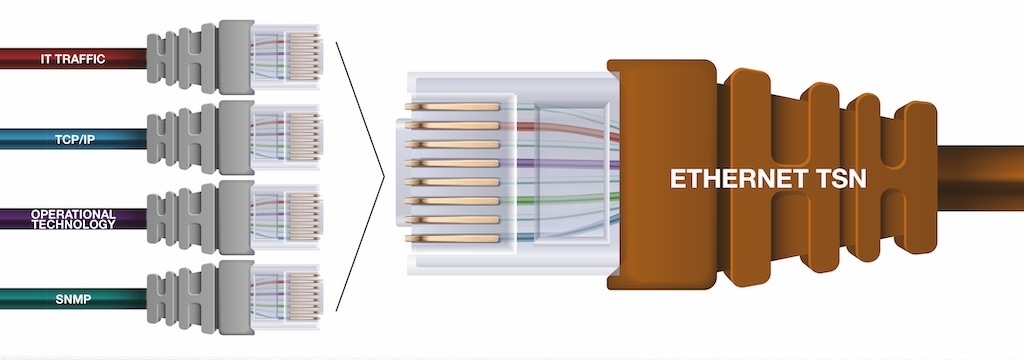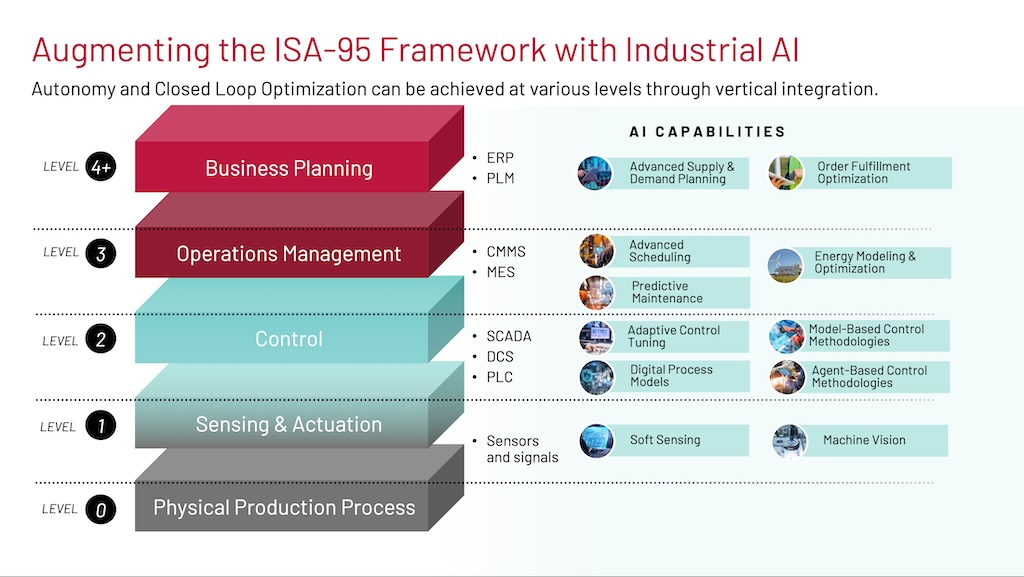Through the webcast and these responses, learn more about using a manufacturing execution system (MES) to get a head start on Industry 4.0

Industry 4.0 insights
- Artificial intelligence and machine learning (AI/ML) can play a key role in enhancing an MES and deliver more insights.
- AI, in particular, also can automate more tasks and simplify the process for manufacturers.
During the July 13 webcast, presenters Andrew Robling and Jeff Overwein from Epicor explained how in the Industry 4.0 world, connecting the right machines, sensors and Industrial Internet of Things (IIoT) devices means gaining a competitive advantage. Register for the on-demand version of the “Get A Start on Industry 4.0 with an MES with Built-In Condition Monitoring Capabilities” webcast here.
Additional questions not addressed in the webcast are answered below.
Question: How we could make use of the Internet of Things (IoT) for wind turbines major equipment condition monitoring?
Answer: Like any piece of equipment, you could have IoT sensors that monitor the conditions of each wind turbine and notify you when things go out of spec or when certain limits are reached. For example, perhaps you want to do maintenance after so many revolutions or monitor vibration levels.
Question: Do we need to invest in anything else apart from MES for plant operations such as artificial intelligence/machine learning (AI/ML) for predictive maintenance and digital twins?
Answer: Ideally, we would do a discovery call with to understand your requirements and then we could propose a solution.
Question: Can you explain how AI will revolutionize the modern industry?
Answer: One of the major benefits of AI will be its ability to automate various tasks. Here are a few examples to consider:
For process control, we talked about setting limits (upper and lower) for the process parameter we might be monitoring. Typically, the limits are calculated in a manual way today. With AI, it could analyze the data being collected and associate defects with the value of the process parameter and then modify the process limits based on actual results.
For predictive maintenance, there are similar benefits. Based on the parameters collected at a machine combined with the maintenance history, AI could start predicting failures and predicting when maintenance should happen to reduce costs and improve efficiency
Production optimization is another area that AI will have a significant impact. It may identify inefficient processes for example in terms of things like production volumes and energy usage.



